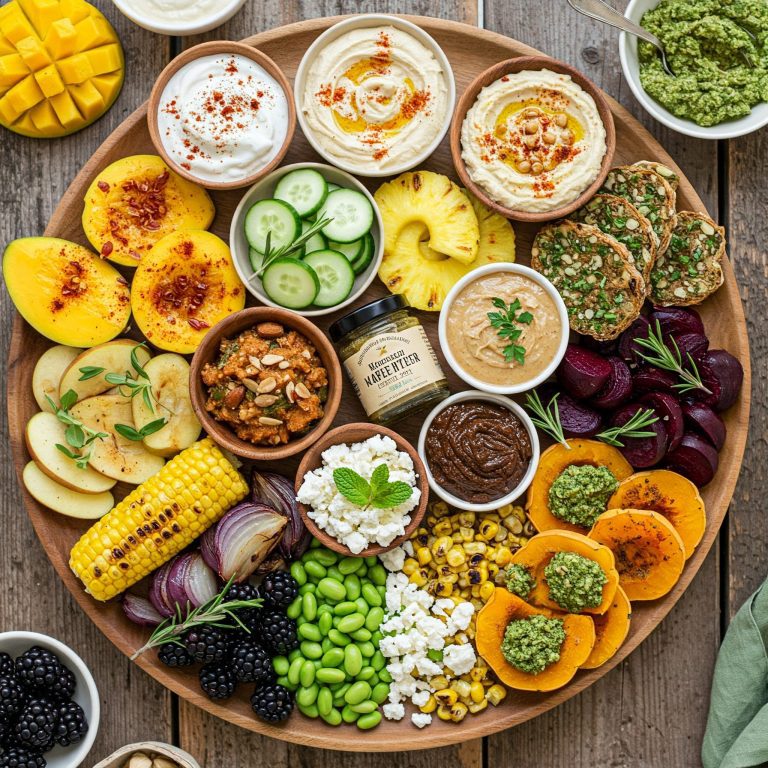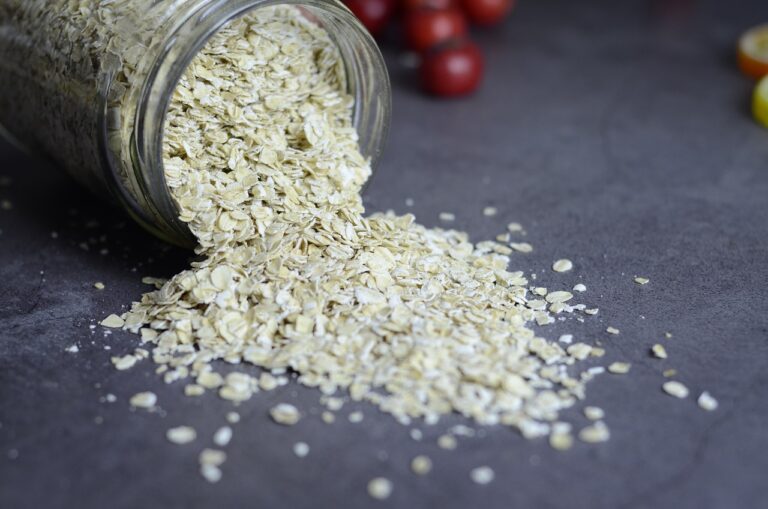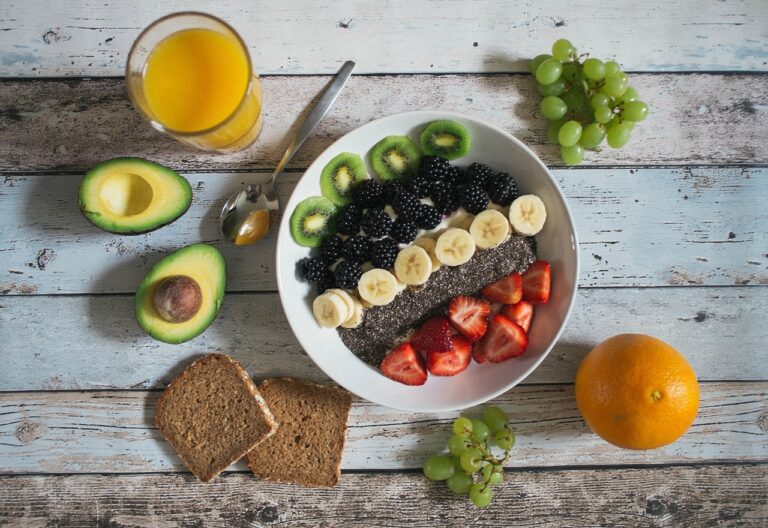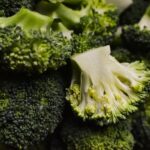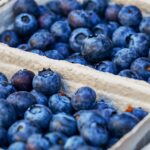Eating healthy is not essentially about losing weight but more about nourishing your body with vital elements that keep it running at its optimum level. We will take a look at the top 10 healthy foods, which should be part of your diet every day.
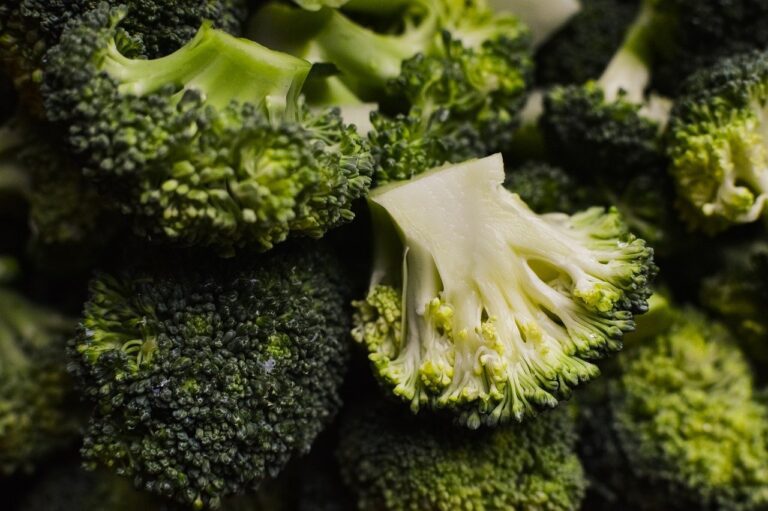
1. Broccoli
This green vegetable is a powerhouse of vitamins, minerals, and antioxidants. It is highly rich in fibre and low in calories—both factors are very suitable for inclusion in a diet. Check Out Top 5 Delicious and Nutritious Broccoli Meals
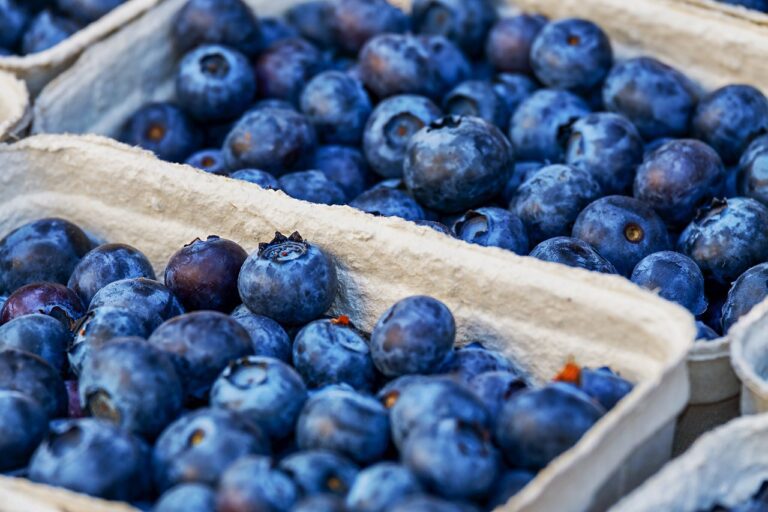
2. Blueberries
As an excellent source of vitamins C and K, blueberries have antioxidant properties.
Check Out Top 5 Blueberry-Based Meals for a Healthy Lifestyle
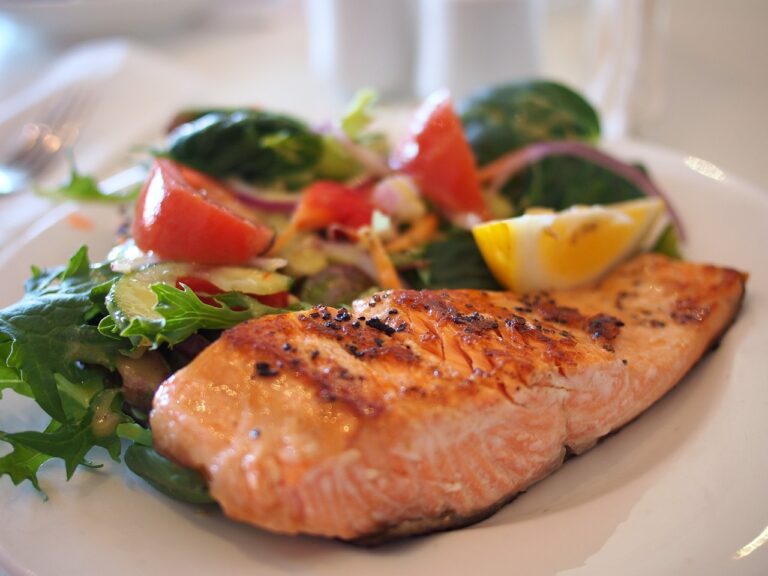
3. Salmon
Salmon is full of Omega-3 fatty acids. On the whole, it is a very heart-healthy choice which can offer a good quantity of protein. Read More
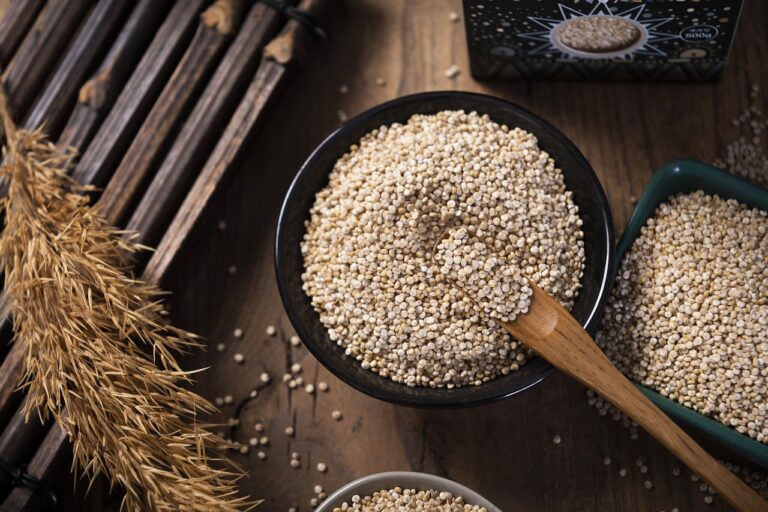
4. Quinoa
Rich in protein and full of fibre. This superfood even contains no gluten, thus fitting people with certain dietary restrictions. Read More
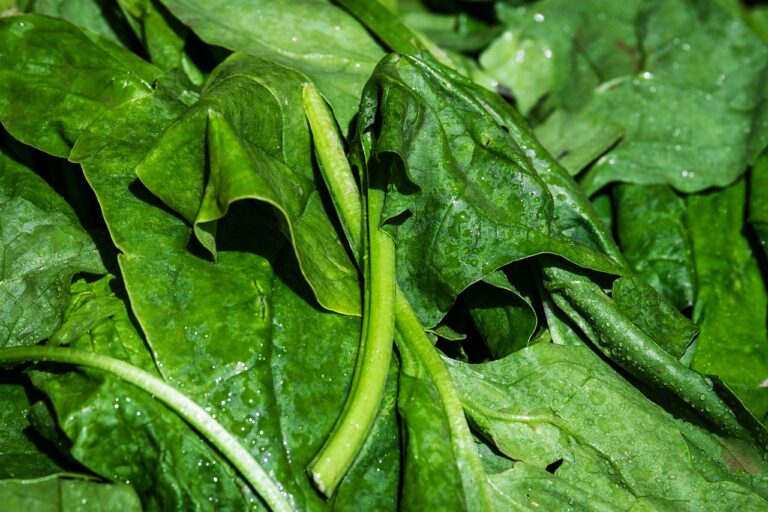
5. Spinach
Spinach is rich in iron and calcium. This is one of the green vegetable variants that can be added to many dishes. Read More
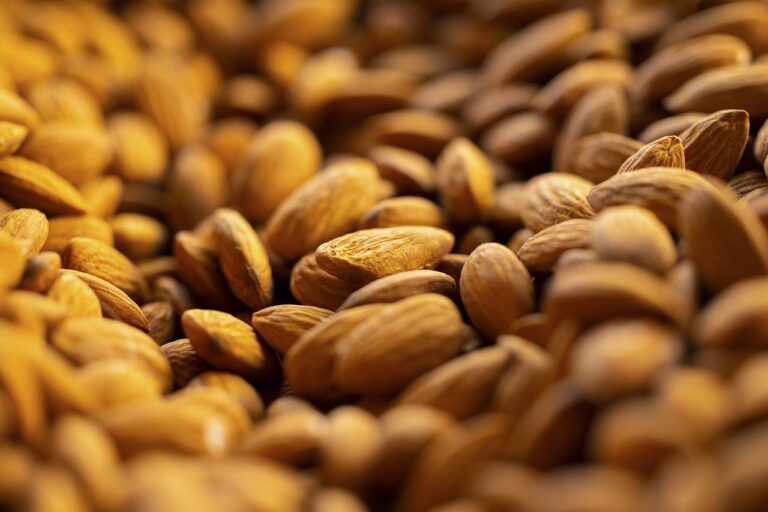
6. Almods
Almonds are a good source of healthy fats and protein and are rich in fibre. They also contain a lot of antioxidants. Read More
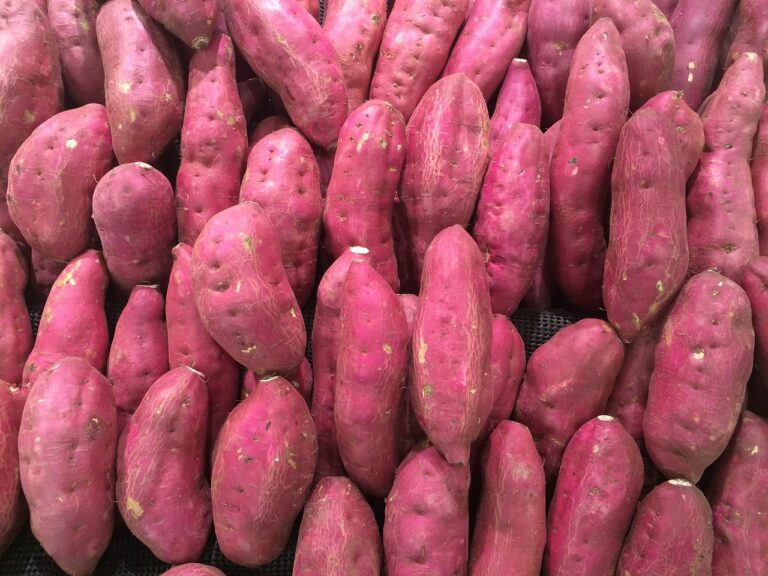
7. Sweet Potatoes
Well-known for their high content of fibre and vitamin A, sweet potatoes are just such a delicious and healthy way to add some more nutrition into every meal.

8. Greek Yoghurt
This type of yoghurt is really high in protein and has a lot of probiotics, which are good for gut health. Read More
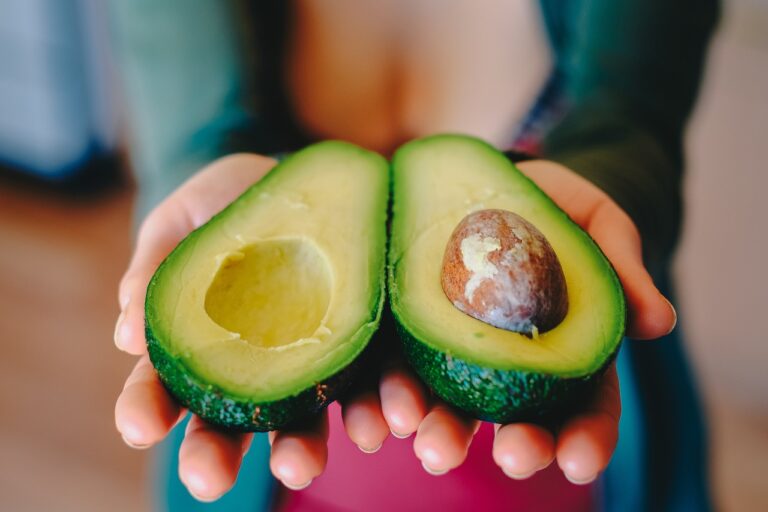
9. Avocado
Known for its healthy fats, avocados supply a fair amount of dietary fibre and vitamin K. Read More
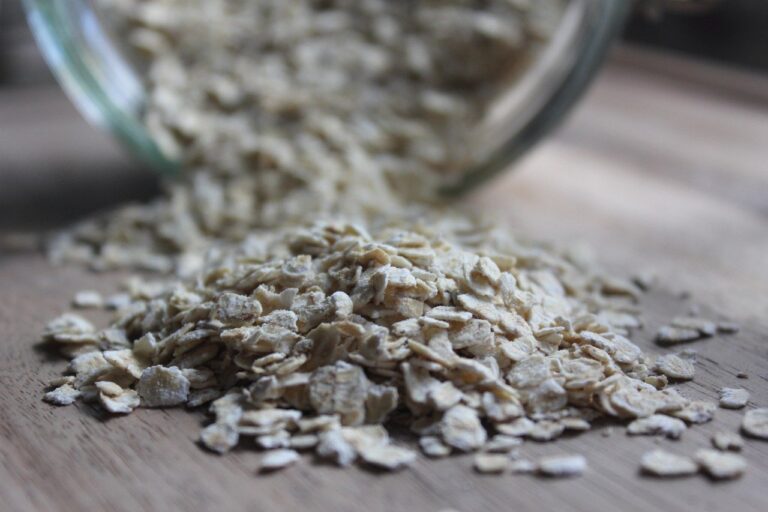
10. Oatmeal
Another good source of fibre, it makes for a heavy breakfast to keep one fuller for longer.
Conclusion
These top 10 healthy foods will incredibly improve your overall health if you include them in your diet. Each of the above-mentioned foods is power-packed with different nutrients, antioxidants, and other useful compounds for various functions in the human body. From cardio-protective omega-3 fatty acids found in salmon to fiber-enriched benefits of oatmeal, these foods do boast of a range of health benefits. You want to include as much of these superfoods as possible—broccoli, blueberries, quinoa, spinach, almonds, sweet potatoes, Greek yogurt, avocado, and many more—in your meals as you can to help nourish your body inside out for the purpose of attaining long-term health. It is important to remember that a well-rounded diet means a diverse one.
Glossary
1. Antioxidants: Compounds that inhibit oxidation, a chemical reaction that can produce free radicals leading to cell damage. Found in many fruits and vegetables, antioxidants help protect the body from harmful molecules. Source
2. Dietary Fibre: A type of carbohydrate that the body cannot digest. It is found in plant-based foods and aids in maintaining a healthy digestive system, controlling blood sugar levels, and reducing cholesterol. Source
3. Omega-3 Fatty Acids: Essential fats the body cannot produce on its own. They are crucial for brain function and heart health, and are commonly found in fish, flaxseed, and walnuts. Source
4. Probiotics: Live bacteria and yeasts that are good for the digestive system. Often referred to as “good” or “helpful” bacteria, probiotics are found in fermented foods like yogurt and sauerkraut. Source
5. Superfood: A nutrient-rich food considered to be especially beneficial for health and well-being. Examples include blueberries, quinoa, and spinach. Source
6. Gluten: A family of proteins found in grains like wheat, barley, and rye. Some people, such as those with celiac disease or gluten sensitivity, must avoid gluten. Source
7. Healthy Fats: Fats that are beneficial to health, such as monounsaturated and polyunsaturated fats found in avocados, nuts, and fish. They help reduce bad cholesterol levels and provide essential fatty acids. Source
8. Iron: An essential mineral necessary for the transport of oxygen in the blood. Iron is found in meats, beans, spinach, and fortified cereals. Source
9. Calcium: A mineral important for bone health and muscle function. It is abundant in dairy products, leafy greens, and fortified foods. Source
10. Vitamins: Organic compounds that are essential for normal growth and nutrition, usually required in small quantities in the diet. Examples include vitamins A, C, D, E, and K. Source


